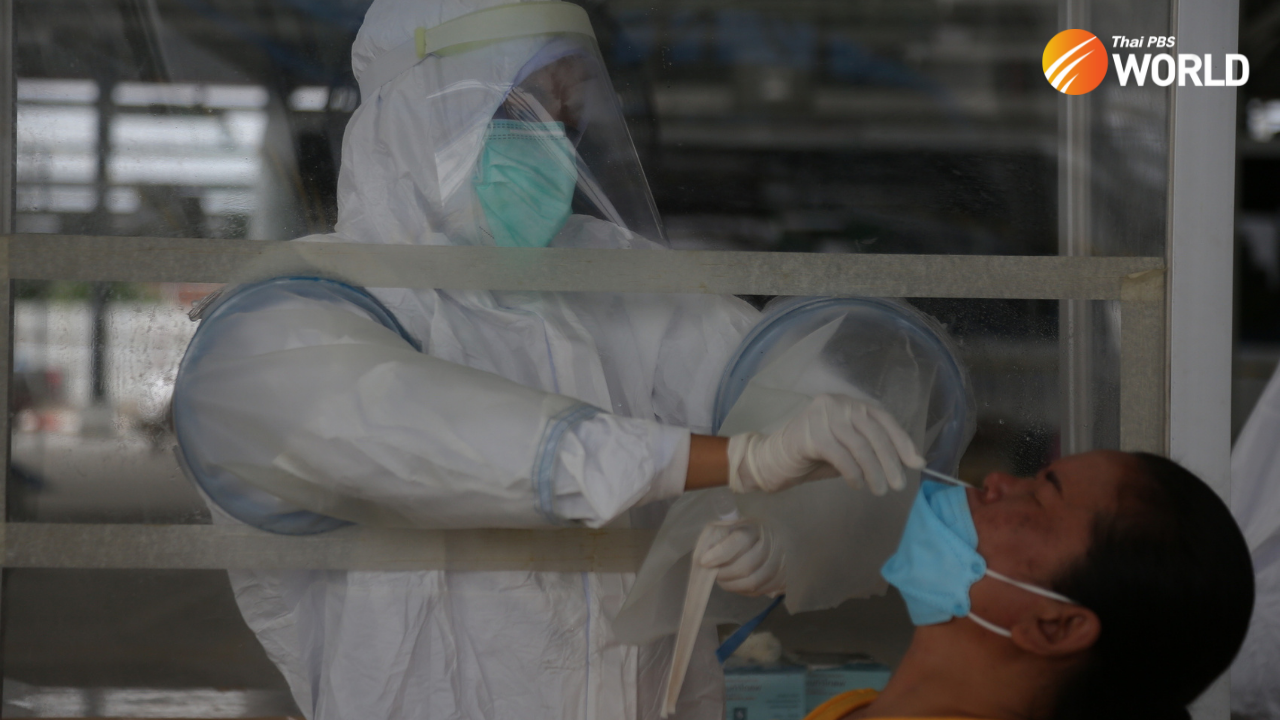söndag 25 juli 2021
Three villages around a frozen poultry plant in Bung Samphan district of Phetchabun province have been locked down after 19 villagers and more than half of the 6,500 plus workers at there tested positive for COVID-19. PBS World
3 villages near poultry plant in Phetchabun locked down as 3,000 workers found infected with COVID-19
views 195

Three villages around a frozen poultry plant in Bung Samphan district of Phetchabun province have been locked down after 19 villagers and more than half of the 6,500 plus workers at there tested positive for COVID-19.
Active screening of 6,587 workers was completed yesterday, with results showing that 372 Thais and 2,805 foreign migrant workers are infected with COVID-19.
Health officials also tested 115 villagers and found 19 were infected. More villagers in Ban Nong Prong, Ban Lam Takhro and Ban Lam Takhro Nua are being tested today.
Vaccination will commence on Monday of the elderly and people deemed as being frail who tested negative.
The factory, Golden Line Business, which is owned by Saha Farms Company, has been locked down, initially for 14 days, which can be extended if the situation warrants.



